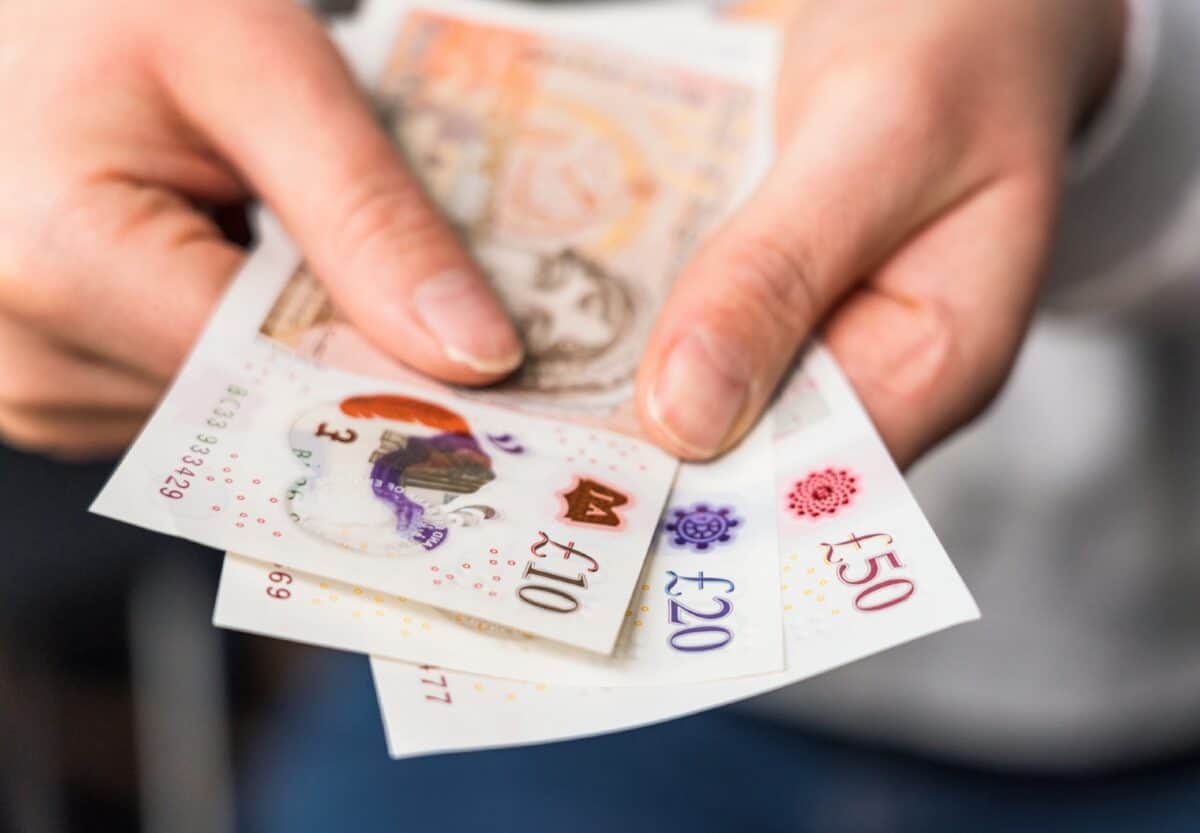
Image source: Getty Images
One income share I have been eyeing for a while as a possible addition to my portfolio has fallen 15% so far this year. That, combined with a dividend increase, means the FTSE 250 share now yields 8.2%.
Could now be the time to swoop while the share continues to trade at current levels (45% cheaper than it was five years ago)? Or might the falling share price and high yield be warning signals of a classic value trap?
Attractive but complicated business sector
The share in question is Assura (LSE: AGR). Although the property company is far from a household name, its buildings are used at least occasionally by a sizeable part of the population. It specialises in healthcare properties, such as GP practice buildings and ambulance depots.
I think this is potentially an attractive business area, but not necessarily a straightforward one.
On the plus side, demand for healthcare services is resilient and I reckon if anything it will only grow over time. Those services require buildings in many cases. A GP surgery is exactly the sort of tenant I would be happy to have if I was a commercial landlord. In many cases it will stay in situ for decades. Any tenant can fall behind on rent, but this seems less likely with a GP surgery than a fashionable new retailer that is growing quickly, for example.
But I also see some challenges here. Putting up buildings with a specific purpose in mind can mean they are more costly to convert for other uses if that happens at some point in future. Plus, healthcare is and is likely to remain a politically contentious topic. Making big profits from it could be a double-edged sword when it comes to corporate reputation and also the potential for future rent increases.
Debt-heavy Assura has its work cut out
Still, with net rental income of £143m last year, Assura has proven it can operate a sizeable property portfolio focused on the healthcare sector and collect sizeable rents.
But doing that has involved borrowing a lot of money. Assura ended last year with £1.2bn in net debt. That is not far short of its current market capitalisation of £1.3bn.
Here, the investment case moves more closely to that of any property company, in my view.
To expand, Assura has borrowed. Servicing that debt is burdensome. Given the poor track record of the income share when it comes to price, growing the dividend each year likely helps to sustain some investor enthusiasm.
But dividends just add to the company’s need for cash. Indeed, last year, Assura spent £86m paying dividends. That represented a sizeable chunk of the £102m it generated in net cash inflow from operating activities. With £98m of net cash outflow from investing activities, the company saw more cash go out the door last year than come in.
Funding its balance sheet and the dividend (with or without growing it) will remain a challenge, in my view. Given the balance of risks and rewards, for now I will not be adding the income share to my portfolio.













